A new study published in the journal Nature suggests that Mars has an internal structure similar to Earth, with a solid inner core surrounded by a liquid outer core.
The results help solve long-standing questions about the evolution of the red planet and why it once had a more favorable environment than it does today.
According to a team of authors led by Huixing Bi of the University of Science and Technology of China (Hefei), Mars' solid inner core has a radius of about 610 km. The existence of a solid core layer indicates that crystallization and solidification are still taking place as the planet continues to cool over time.
This makes Mars' core structure much more Earth-like than previously thought and suggests it was once capable of generating a “dynamo” effect.
On Earth, the temperature difference between the solid inner core, liquid outer core, and mantle creates convection currents, which in turn create and maintain a magnetic field. The magnetic field acts as a shield to protect the atmosphere from the solar wind, helping to maintain a habitable environment.
Previously, models from NASA's InSight lander data only showed that Mars' core was liquid, with a larger size and lower density than expected. In 2021, Simon Stähler's team (ETH Zurich, Switzerland) confirmed the existence of this liquid core but did not have enough evidence to confirm the existence of a solid core.
This time, the researchers selected suitable “Marsquakes” and applied new signal analysis techniques to detect seismic waves passing through the inner core boundary.
The findings also help explain why Mars once had a magnetic field and a thick atmosphere that allowed liquid water to flow on its surface. Evidence of rivers, shallow lakes, and underwater minerals on the planet’s surface is clear.
As the core lost its ability to sustain convection currents, the magnetic field disappeared, and the atmosphere was gradually blown into space by the solar wind, leaving the planet as cold and dry as it is today.
Scientists say the discovery of a solid core not only expands understanding of Mars' history but also helps build general models of the formation and evolution of rocky planets in the Solar System.
This is also a testament to progress in scientific data collection and analysis, as previously competing models are gradually supplemented and adjusted based on new evidence./.
Source: https://www.vietnamplus.vn/giai-ma-thanh-cong-bi-an-ton-tai-lau-nay-ve-loi-cua-sao-hoa-post1060468.vnp







![[Photo] Binh Trieu 1 Bridge has been completed, raised by 1.1m, and will open to traffic at the end of November.](https://vphoto.vietnam.vn/thumb/1200x675/vietnam/resource/IMAGE/2025/10/2/a6549e2a3b5848a1ba76a1ded6141fae)


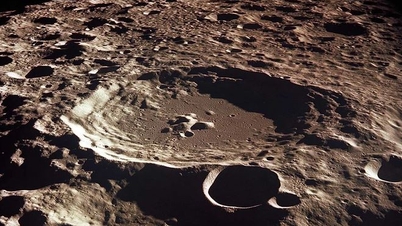














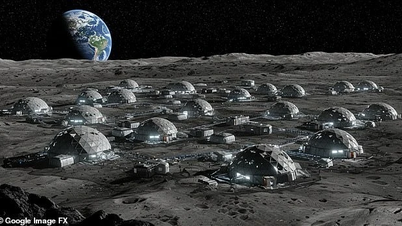





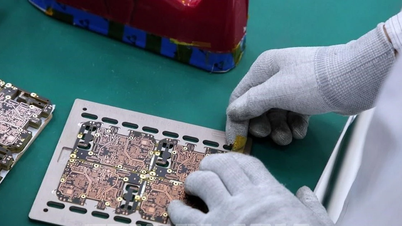










































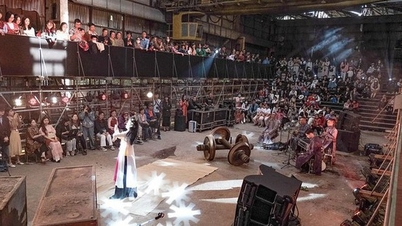











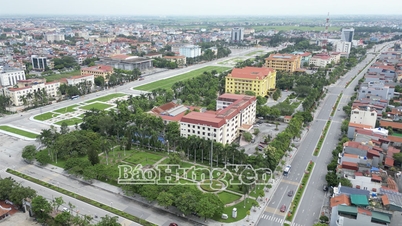













Comment (0)